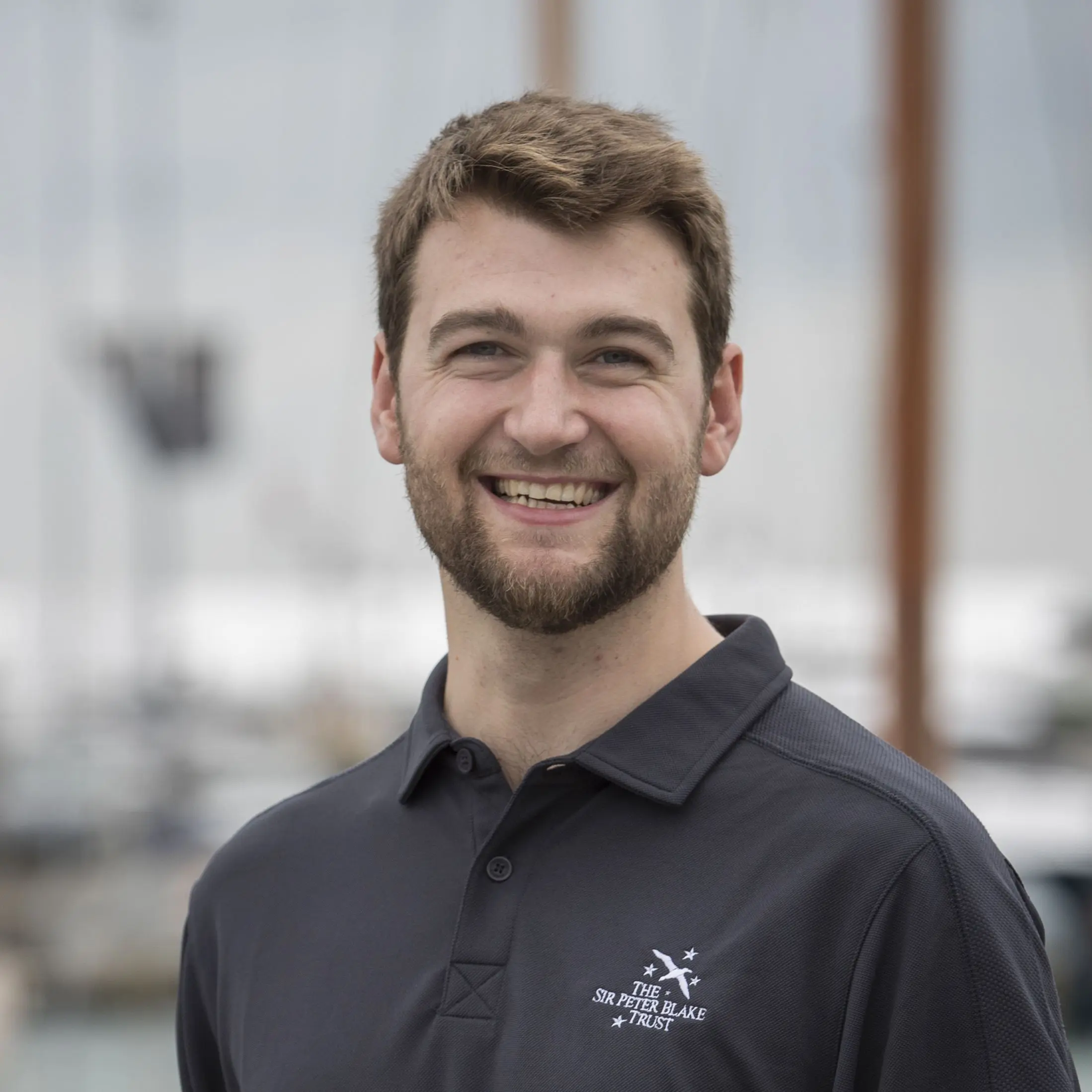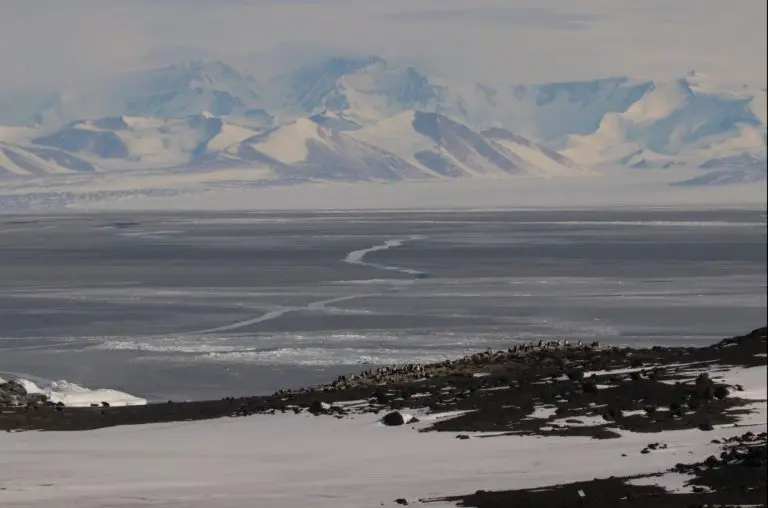At the end of summer when the Adelie penguin chicks are old enough to start going exploring on their own, the parents are free! They swim over Pony Lake which is just beside the hut, and based on the number of feathers and bile in the ice layer, appear to take refuge in the stables of the Nimrod hut. This formed an incredibly tough layer, which had to be chiseled out with a hammer and chisel to even start making a dent. Thankfully it was a sweltering -12oC most days and with 24 hour sun, the volcanic rocks heated up just enough to melt the majority out.
We spent the next day digging out snow as a team. After that the real conservation started to take place. Al Fastier the programme manager and Geoff Cooper a historic carpenter from the UK went to work with the fine art of plugging holes with Denso tape and making sure there was no ice build-up under the floor while Conservation Ambassador Diana McCormack and Conservation Manager Lizzie Meek went to work on documenting the condition of the many artefacts and giving the place a summer clean.
Meanwhile over the hill the penguins were oblivious that we were cleaning up after them. Honestly their house keeping is abysmal.
Fortunately for the penguins they are in an ASPA so people cannot go and disturb them. At this time of year, they are returning back from sea to nest and incubate their eggs. But first they need to find a mate. According to the penguin scientists camping one hill over from us, the males craft a nest out of rocks and flap their wings about showing off to any prospecting females. The females then walk around the flocks of males and take their pick and sometimes decide that none are suitable and will wait for more attractive birds to come ashore.
When they finally find their mate, the females are hungry after making an egg, and leaves the precious egg in the care of the male, then heads out to sea to find food. The male sits on the egg for up to one month and can’t leave the nest in fear of the egg freezing or becoming prey of the Skuas, the Antarctic scavenger.
This year the Penguins were getting lucky, as while we were camping the sea ice cracked in front of our eyes and got washed out to sea, meaning the penguins could swim straight from home.
To finish the trip we walked over some rolling lava flows and frozen lakes to black sand beach. After a huge meal and dessert from the previous night we all felt like puddings walking and were relieved when finally sat down and watched the penguins porpoiseing like dolphins to reach land. We were joined by a couple of good souls from Scott Base for our last night at Royds to give a send-off to this majestic landscape and the hut which we had all grown to love.

Christopher Ansin
BLAKE Antarctic Ambassador 2017


